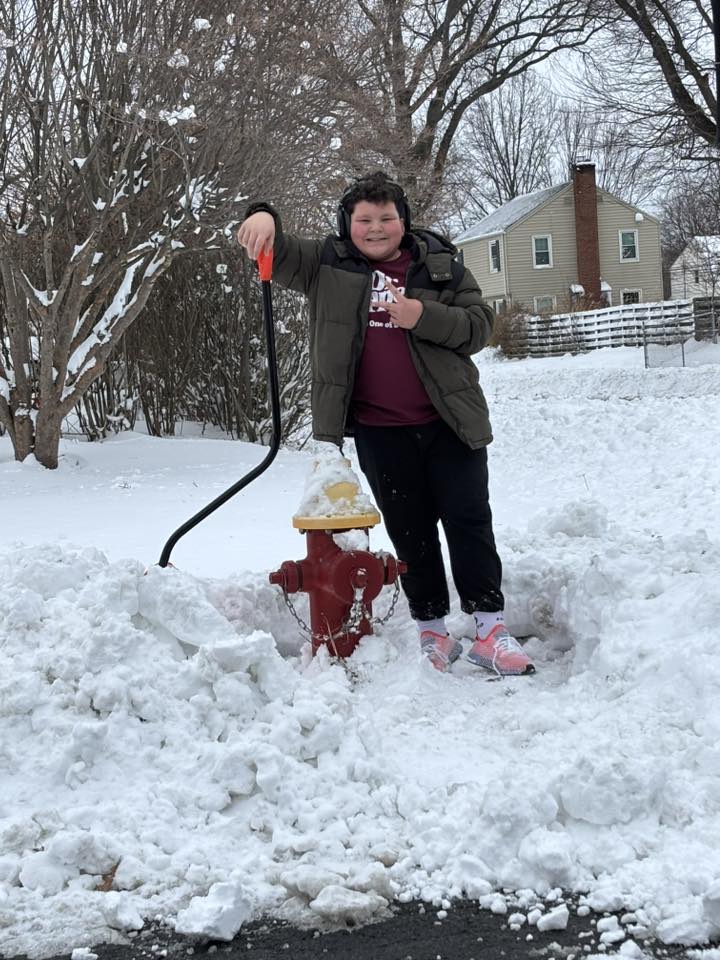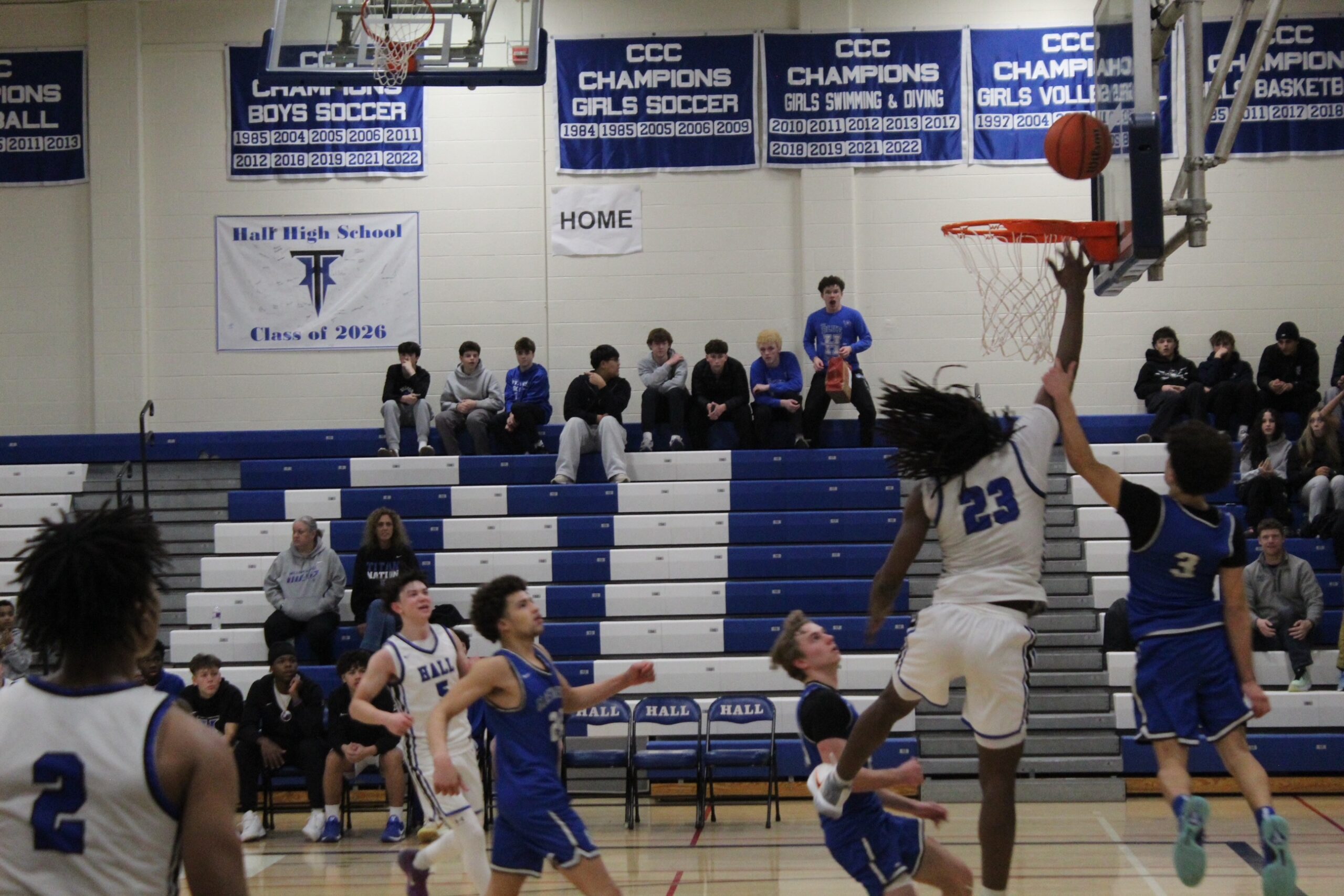Consumer Diary: BVO and NGL Bans

Audio By Carbonatix
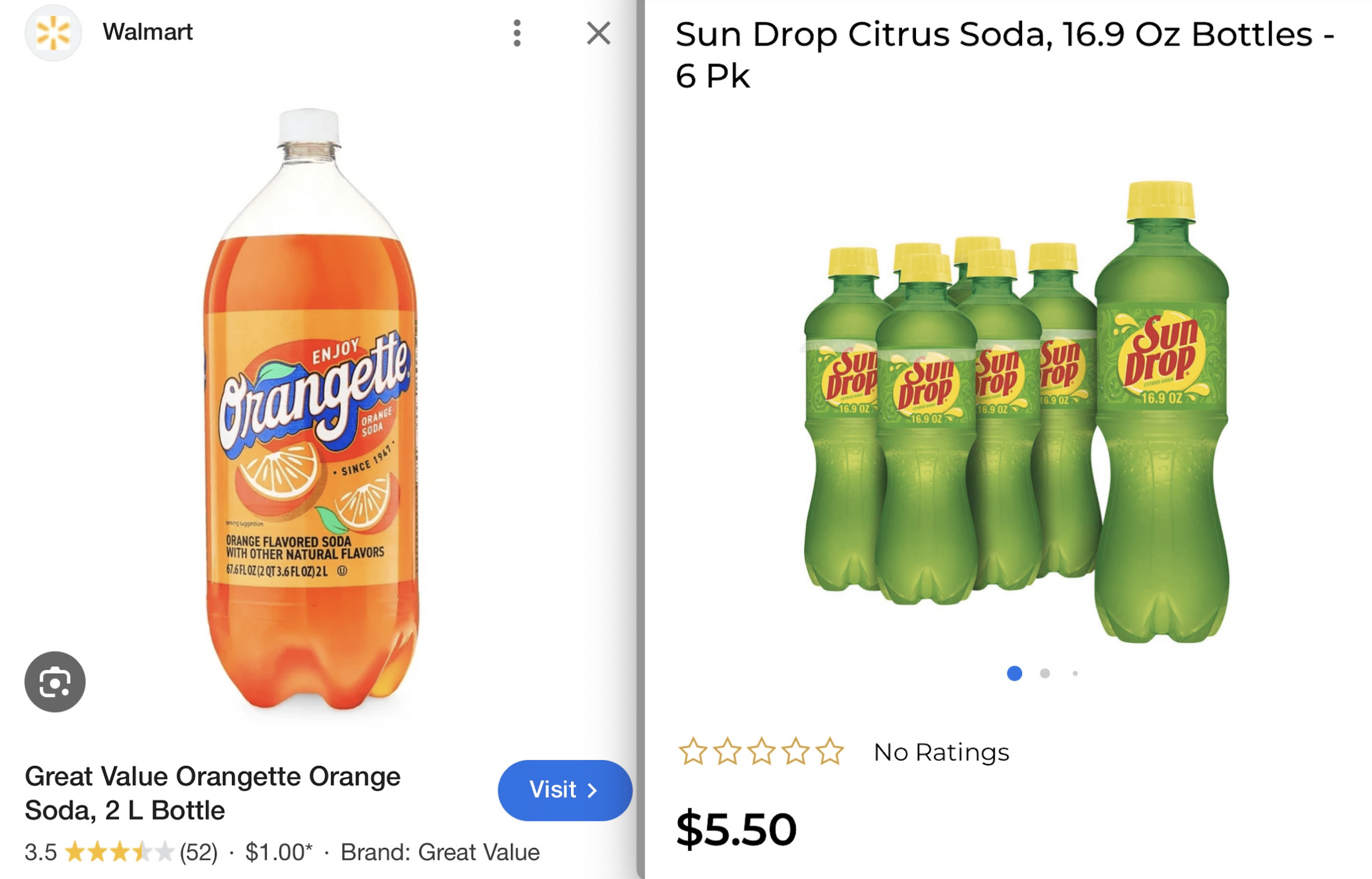
These sodas contains BVO (brominated vegetable oil), which can have serious health effects and was banned as of Aug. 2. BVO must be listed on bottle labels, which must say “BVO” or “brominated vegetable (or any other) oil.”Screenshot
Consumer columnist and West Hartford resident Harlan Levy has more than 20 years of experience writing stories about everyday experiences that anyone could encounter.

Harlan Levy. Courtesy photo
By Harlan Levy
Do you drink soda or sports drinks? If yes, you’ll want to know about a new Food and Drug Administration decision revoking – as of Aug. 2 – its longtime authorization of the use of brominated vegetable oil (BVO), a stabilizer and emulsifier in citrus-flavored beverages that has been used since the 1920s to keep the citrus flavor from rising to the top.
It’s no longer safe, the FDA stated in its July 3 decision, after reviewing the results of up-to-date National Institute of Health studies, which concluded that “BVO can accumulate in the body and has adverse health effects, particularly on the nervous system. Consuming large quantities of BVO-containing soda over extended periods may lead to issues like headaches, skin and mucous membrane irritation, fatigue, and difficulties with muscle coordination and memory.”
Oy!
NOTE: Although the rule takes effect Aug. 2, the manufacturing companies have one year to reformulate, relabel, and sell off their inventory of BVO-containing products before the FDA starts enforcement.
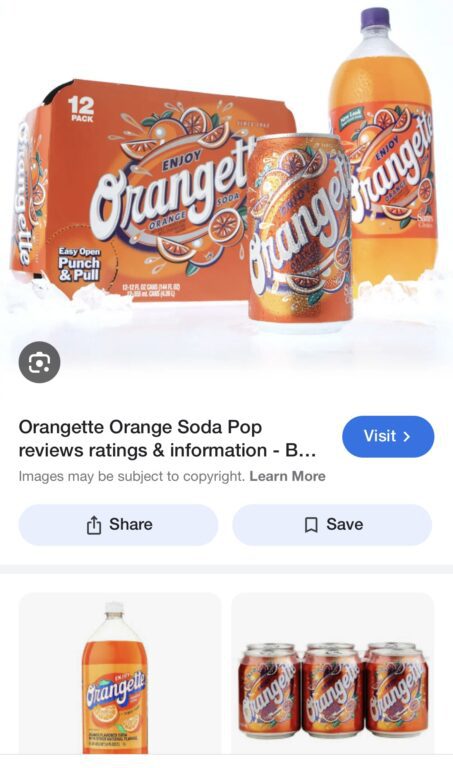
This soda contains BVO (brominated vegetable oil), which can have serious health effects and was banned as of Aug. 2. BVO must be listed on bottle labels, which must say “BVO” or “brominated vegetable (or any other) oil.”Screenshot
To know if your drink has BVO, read the label, which must list it. It will say “brominated vegetable oil” or “brominated” and a specific type of oil, such as soybean. Two drinks that have BVO are Sun Drop from Dr. Pepper and Orangette – neither of which I’ve heard of or seen in our local markets.
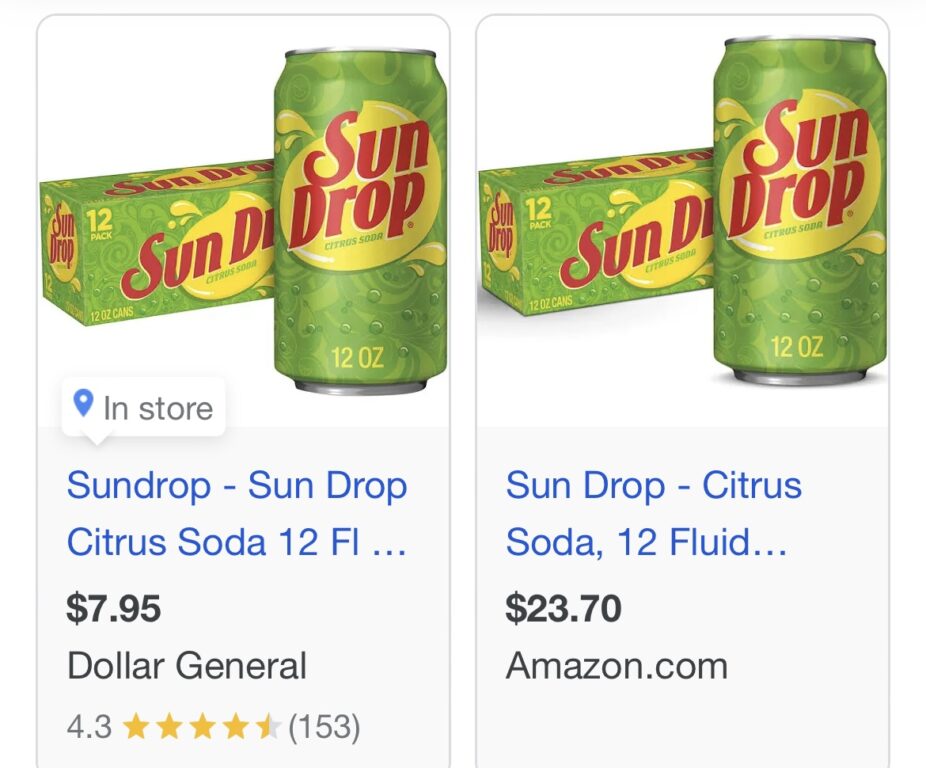
This soda contains BVO (brominated vegetable oil), which can have serious health effects and was banned as of Aug. 2. BVO must be listed on bottle labels, which must say “BVO” or “brominated vegetable (or any other) oil.”Screenshot
Scott Faber of the Environmental Working Group was not totally happy about the FDA move. “The FDA’s decision to ban brominated vegetable oil in food is a victory for public health,” Faber responded in a news release. “But it’s disgraceful that it took decades of regulatory inaction to protect consumers from this dangerous chemical. It’s outrageous that for years Americans have been consuming a chemical banned in Europe and Japan.”
Now you know.
NGL
And here’s a Federal Trade Commission decision that my federal sources emailed me yesterday (Tuesday), affecting those of you with pre-teen and teenage children:
NGL, the anonymous messaging app popular with teens, is banned from marketing to kids under 18 and must pay $4.5 million dollars to refund customers it deceived. NGL marketed the app to children and teens despite being aware of the harms of similar anonymous messaging apps to young users, the FTC said, adding that, according to the complaint, one user reported that a friend attempted suicide because of the NGL app.
Also, the FTC said, “NGL falsely claimed to use AI content moderation to keep kids safe from bullying and harmful language [and collected] information from children under age 13 without getting parental consent.”
NGL also tricked users into signing up for the paid version of the app, NGL Pro, by making false promises that users could find out who was sending them messages through the app. They couldn’t, the agency stated, adding, “Many NGL users who paid for the Pro version thought they were paying a one-time charge, but the company charged a recurring, weekly fee of up to $9.99 without users’ knowledge and consent. And then ignored customers’ requests for refunds.”
Obvious advice: Before your kids – or you – download an app, they should read online reviews. Parents’ challenge: Can you make sure that happens?
Also, if you’ve been charged for a subscription you didn’t agree to, call the state Department of Consumer Protection, and tell the FTC at ReportFraud.ftc.gov.
NOTE: If you have a consumer problem, contact me at [email protected] (“Consumer” in subject line), and, with the power of the press, maybe I can help.
Like what you see here? Click here to subscribe to We-Ha’s newsletter so you’ll always be in the know about what’s happening in West Hartford! Click the blue button below to become a supporter of We-Ha.com and our efforts to continue producing quality journalism.


